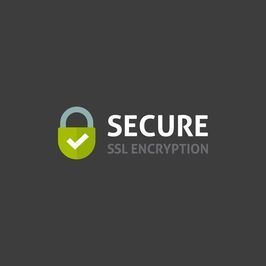This year has been a huge year for security on the internet. Between the tightening up of privacy regulations and Google's push for "HTTPS everywhere", previously optional security features on websites are becoming the norm.
One of those important features is the SSL (Secure Sockets Layer) certificate - that gives your website that little "padlock" in the address bar and moves it from http:// to https://.
So what is an SSL certificate and why should you have it?



